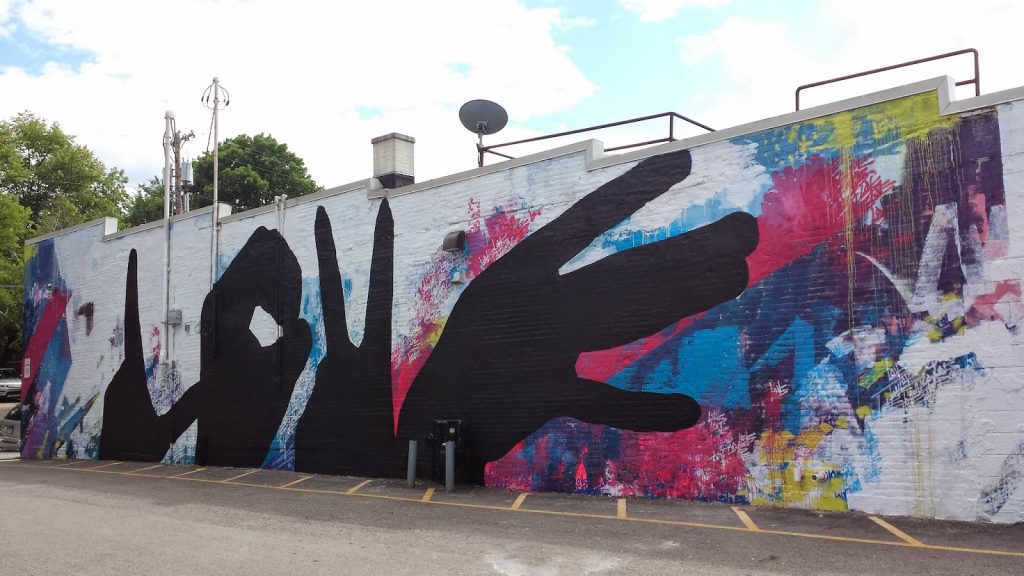By Zoe Jannuzi

There are some concepts in which we believe despite the difficulty of seeing any evidence of their existence. Religion is perhaps the most obvious example. Although for some, the physical evidence of their belief is apparent, many people believe in some higher power without the need for concrete proof of their faith. The concept of love is similar. Love can be shown through gestures, but is also something which most people believe exists even when they cannot see its physical manifestation. However, outside of these few examples, it is harder (though definitely not impossible) for people to believe in things which they cannot see.
This week Pushpa spoke to us about the practice of decolonizing knowledge. Though I love, and whole-heartedly support the idea, my colonized brain has trouble understanding how the process of decolonization will work in the long-term. Things that will take longer than my lifetime to complete, or venture even farther into the future than I could ever imagine, are tough for me to process. Even imagining a world where everybody has the tools to recognize all the ways that our world is colonized seems about as far-fetched to me as imaging a world with no conflict.
Just in case you thought that wasn’t hard enough, though we are working towards decolonizing our minds, decolonization is a goal, not an endpoint. Just as there is no such thing as “post-conflict,” a fully decolonized world can never exist.
Believing in God or a higher power despite being provided with no physical evidence of their existence is one thing. Spending your life believing in, and advocating for, a God or higher power while knowing for sure that you will never be provided with any physical evidence is quite another.
How then does one work towards something one cannot even begin to imagine? How do you continue to believe in decolonizing knowledge?
Pushpa provided one possibility. One way to start decolonizing knowledge is by decolonizing your mind. On a micro-scale, decolonization is easier to understand and implement. I may not have the capacity to radically imagine what a society that practiced decolonizing of knowledge would look like, but I can begin to imagine what my brain might look like if I practiced decolonization of knowledge. In this way, I am beginning to create that society.
You can also approach the concept of decolonization from the perspective of the other systems you believe in without full understanding. Most people believe in love, even if they have never experienced being in love. They may have little concept of the feeling of true love or the way being in love will affect their life. They may also be unsure as to whethere being in love is a recognizable destination or a process they’ll come to realize they have been going through. Yet they have this faith that one day they’ll be able to say they’re in love. Maybe this is how we approach decolonization. It doesn’t mean we can’t wonder about the practical application, but this approach suggests there needs to be some aspect of blind faith in your approach to decolonizing knowledge.
Ultimately the way you approach decolonizing knowledge needs to be personal. One idea of decolonizing knowledge is that systems, including the hierarchical passing down of tools and theories, need to be analyzed and decolonized. Whichever way you end up going about it, I wish you the best of luck. And of course, if you’ve never been in love, but want to be, I wish you luck with that as well.









